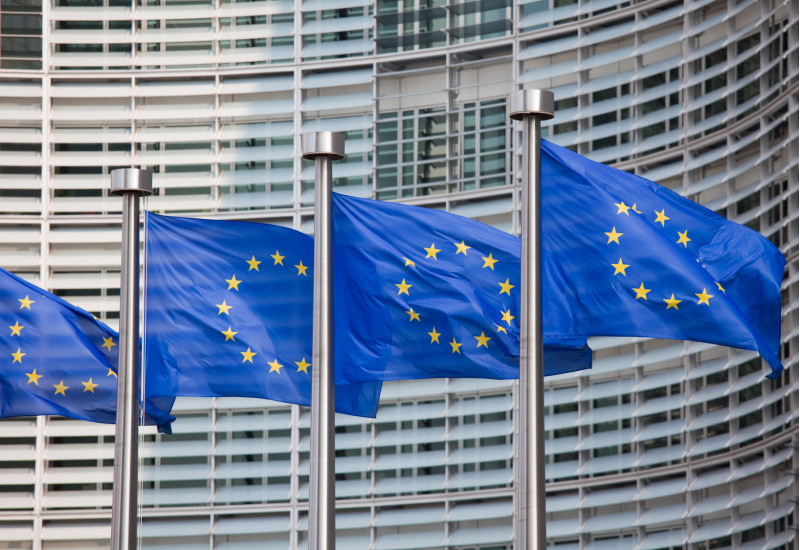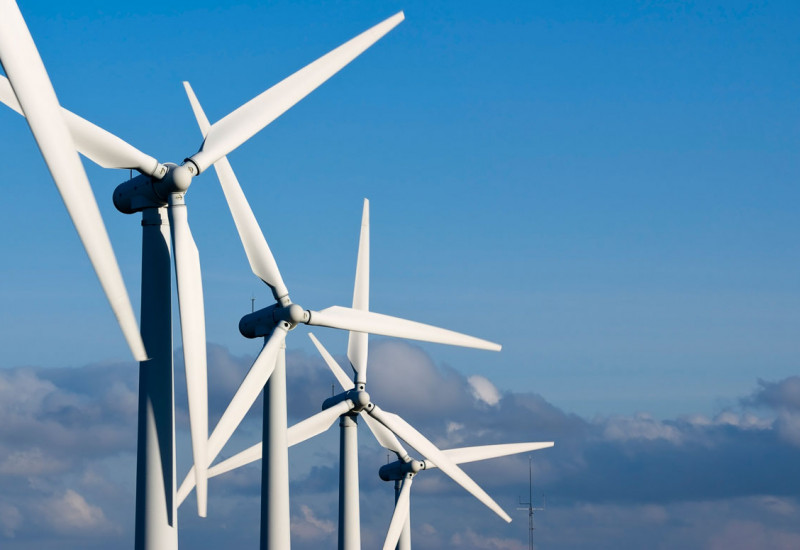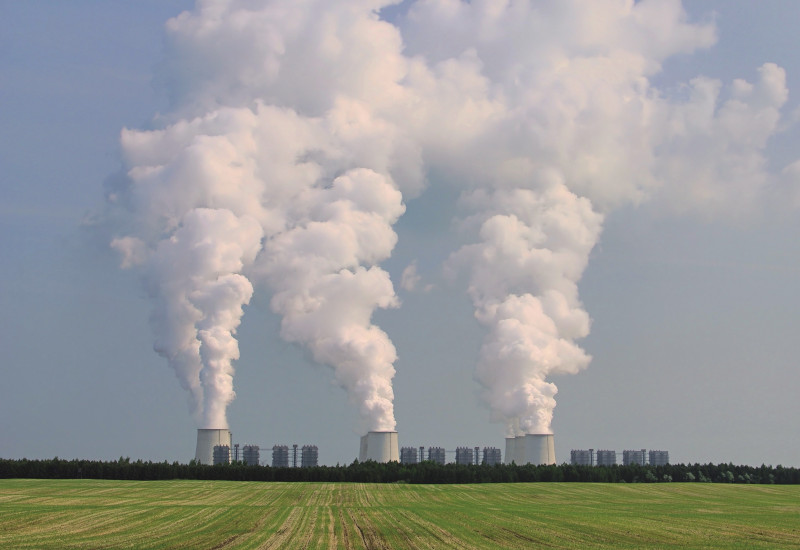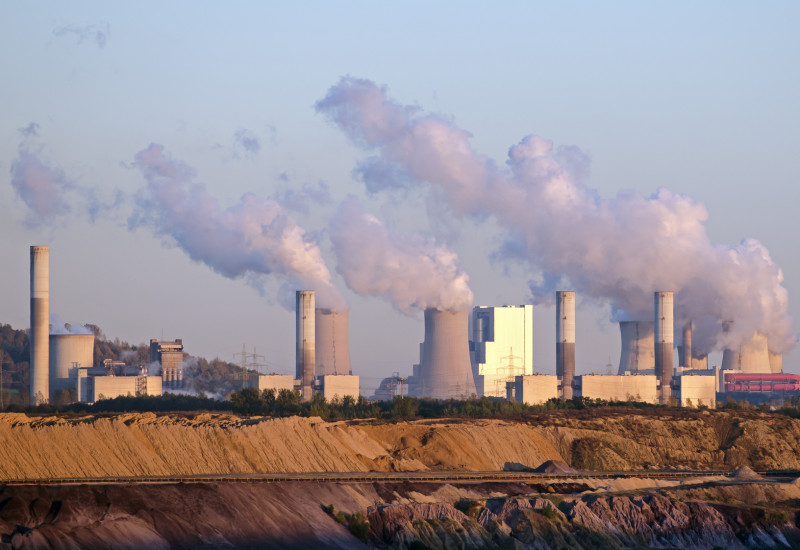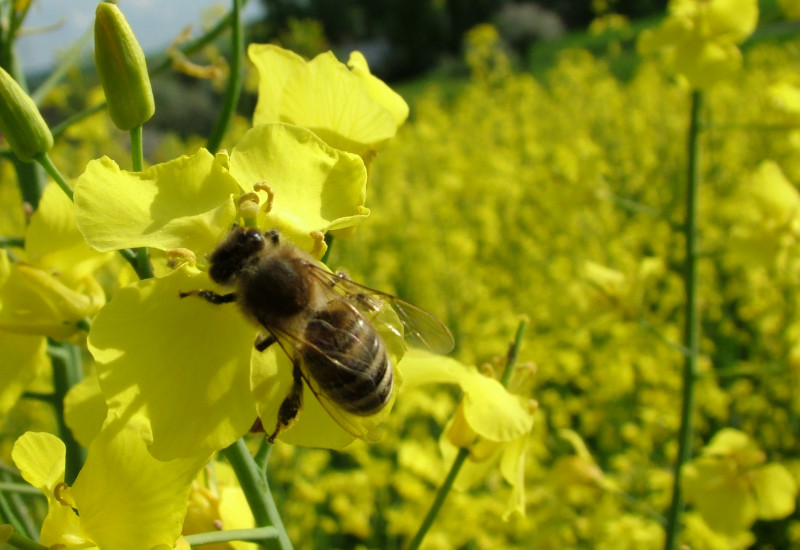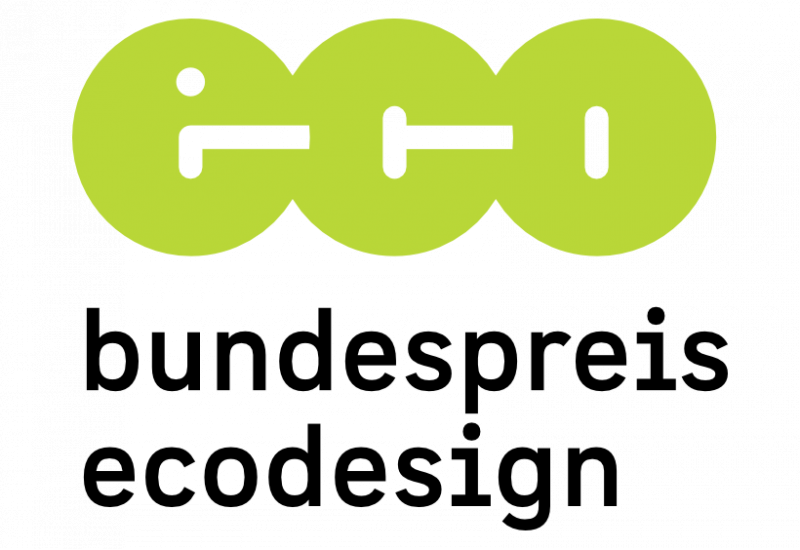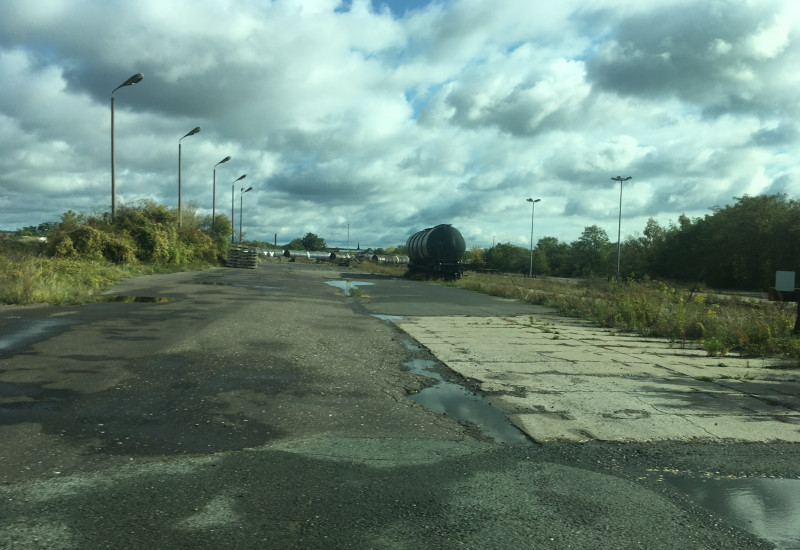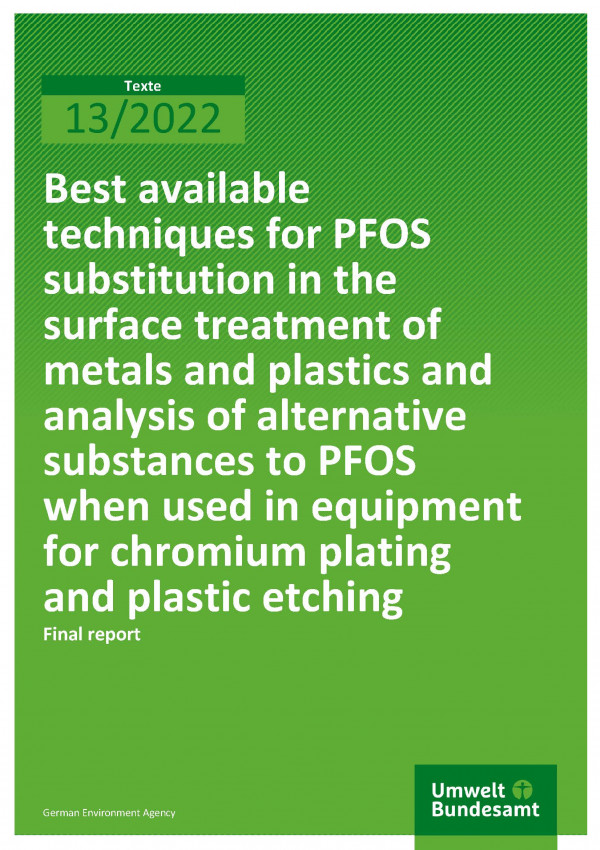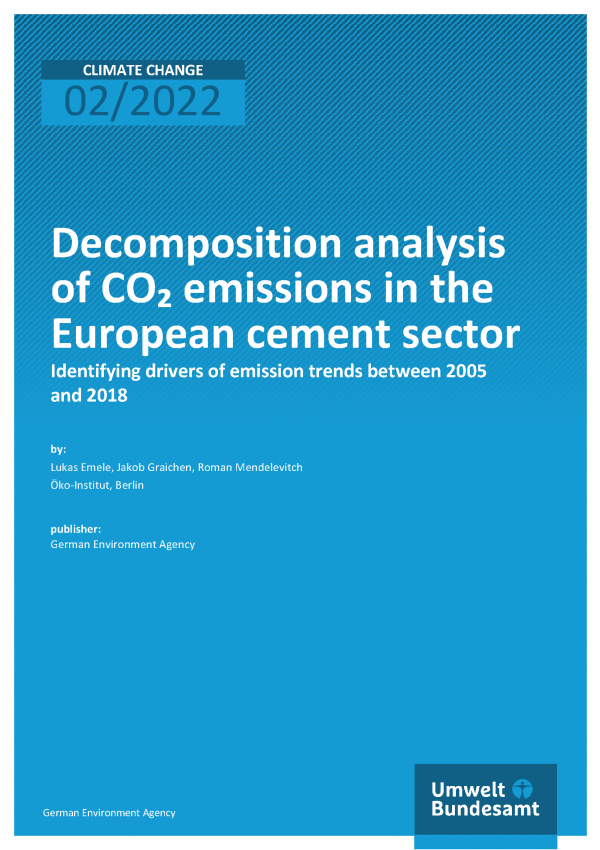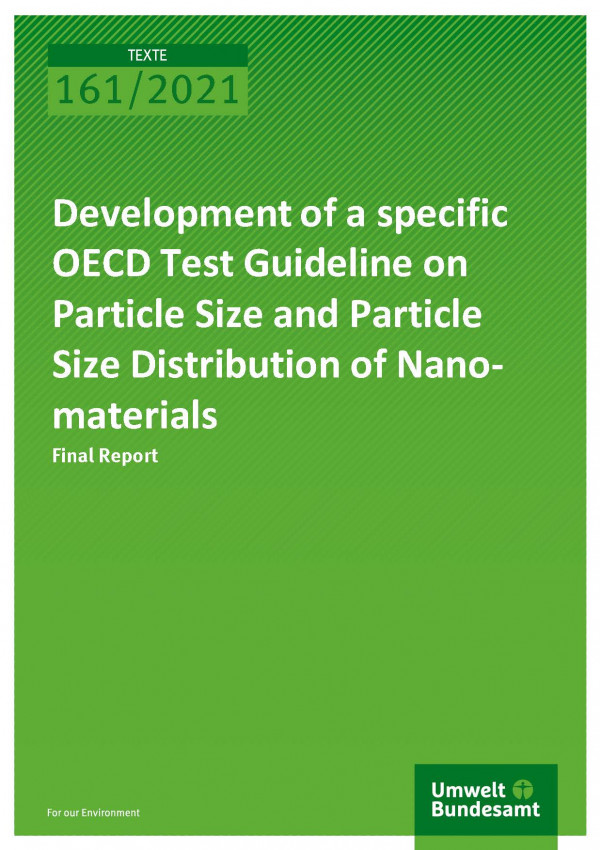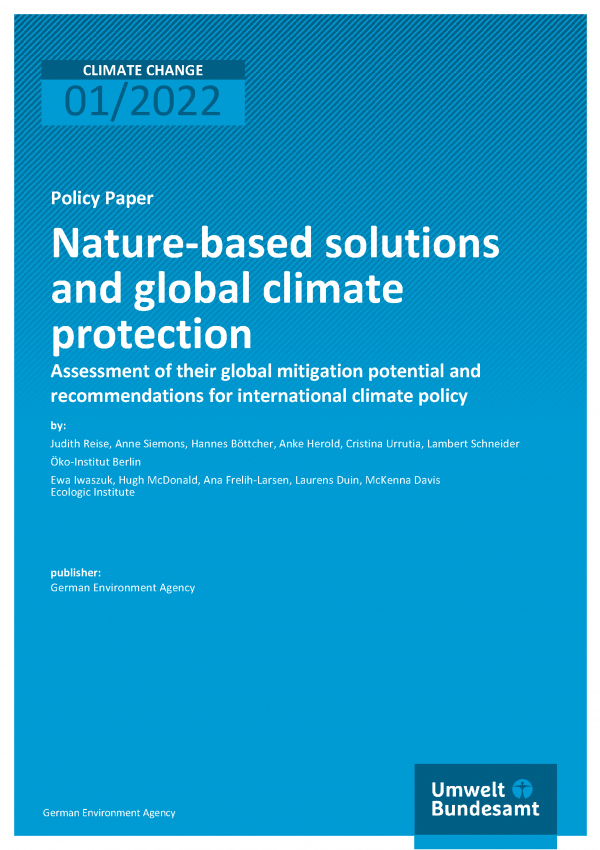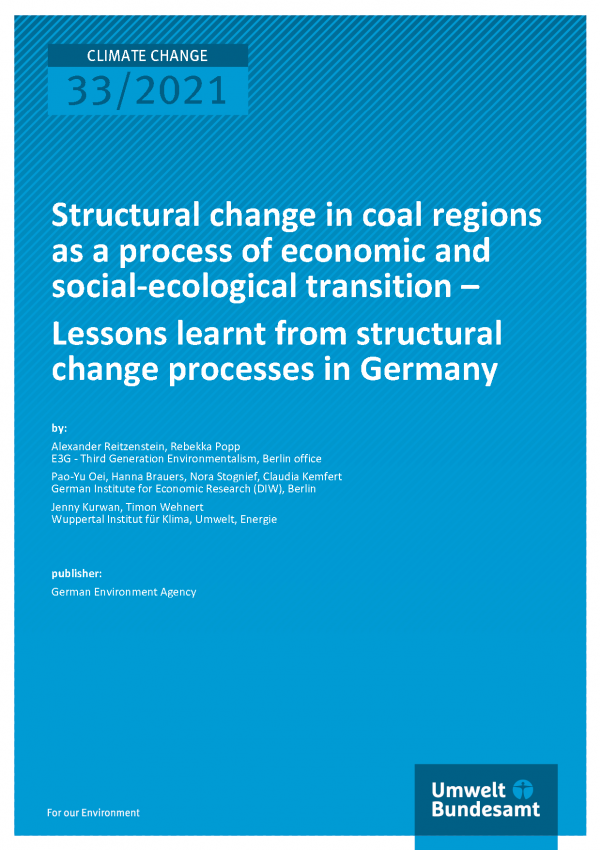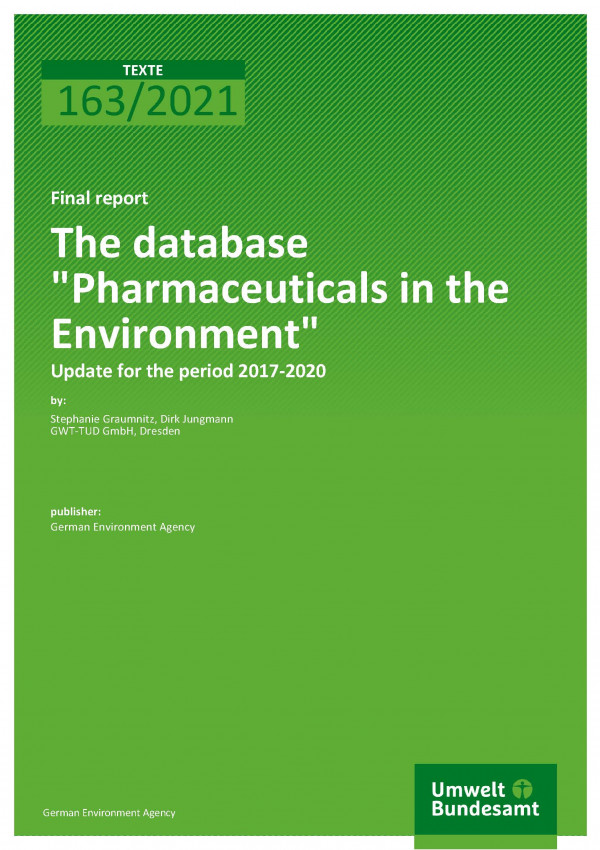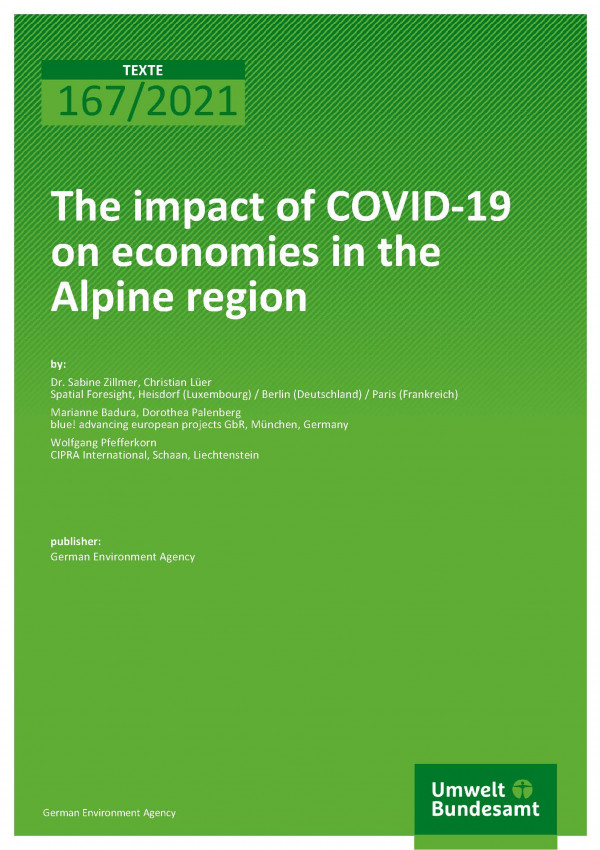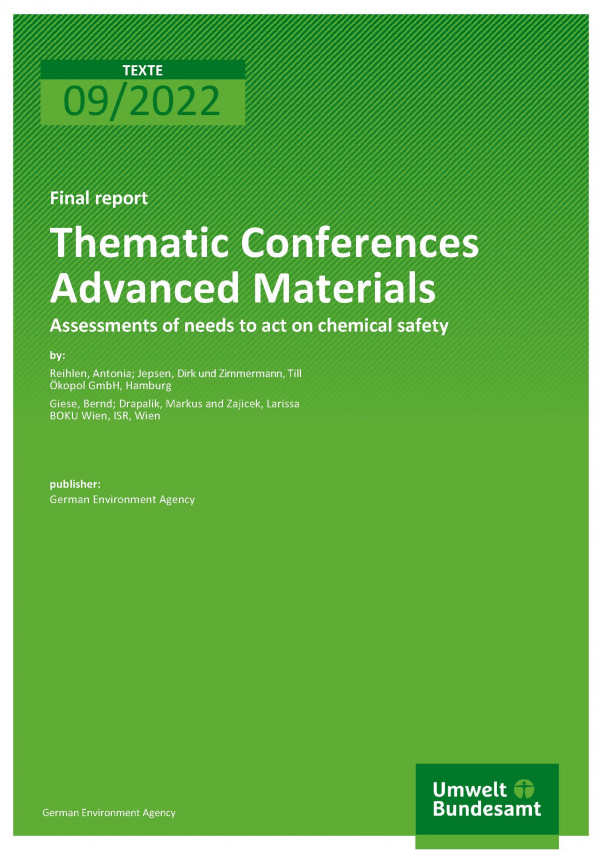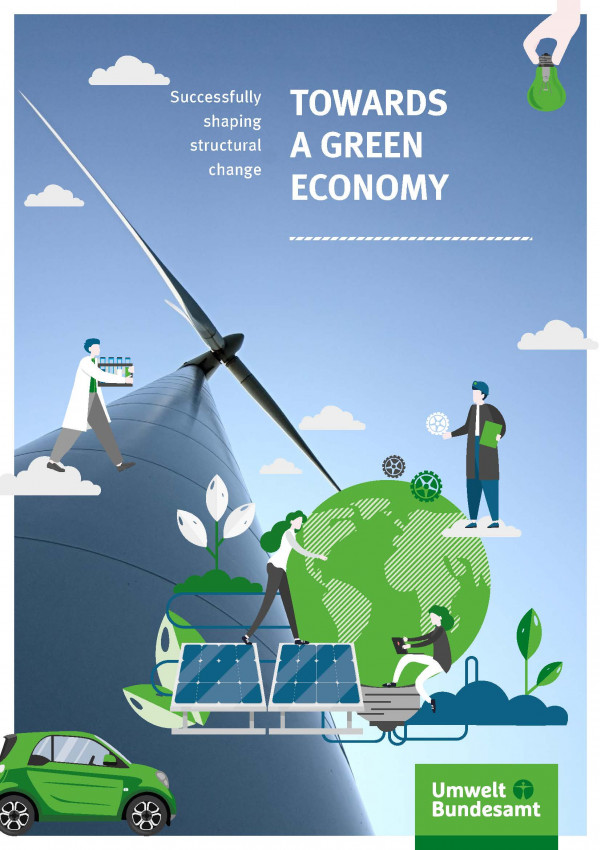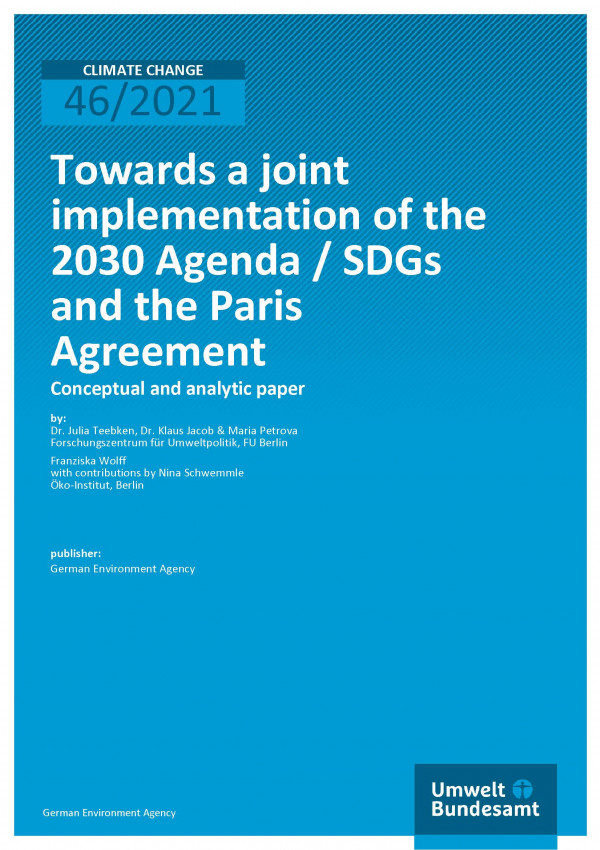Fruit & vegetables: Food retail specifications put an unnecessary burden on the environment and the climate

Perfect carrots, uniform cabbages – trade specifications go beyond legal requirements
Source: Alexander Spatari / Moment / Getty Images |
Broccoli heads that are too small are often not accepted from farmers because the food retailer has strict specifications for weight and size. Apples that are healthy and tasty, but do not look perfect, are usually not sold because of specifications for their appearance. Kohlrabi, radishes and carrots are sold with fresh green leaves in the supermarket, even though this causes the vegetables to wilt more quickly and the leaves are usually already discarded in the shop. Such retail specifications concerning the appearance and size of fruit and vegetables go beyond the legal requirements and place an unnecessary burden on the environment and the climate: in many cases, more pesticides and fertilisers have to be used and the fruit and vegetables that do not fulfill the specifications are either put to secondary use, but often ploughed under or otherwise disposed of.
"The legal requirements are sufficient for ensuring high-quality food. The industry does not need to amend this unnecessarily," says UBA President Dirk Messner. In cooperation with the consumer associations, UBA has presented proposals on what changes should be made to the trade specifications for fruit and vegetables. For example, fruit and vegetables should always be sold by weight and not by the piece. Any specifications for size, uniformity and appearance that go beyond the legal marketing standards should be abolished.
Not only would this benefit the environment and the climate, but also the producers, who could sell a higher proportion of their fruits and vegetables and save on costs by using less fertiliser and pesticides. Consumers benefit from the fact that carrots and kohlrabis supplied without leaves stay fresh longer and smaller cabbages are on offer, for example for single households. Supermarkets and customer magazines should also provide information on why fruit and vegetables that may not look perfect are nevertheless tasty and healthy, and how buying them can help to reduce resource consumption and food waste.



